Students of the Faculty of Mass Communication and Media Studies at the Federal University, Oye Ekiti (FUOYE), have raised alarm over what they describe as a steady decline in the quality of their education.
Frustrated by inconsistent lectures and inadequate engagement from their lecturers, final-year students told Nigeria Education News that the academic neglect is leaving them unprepared for careers in the media industry.
One student, Seunfunmi, questioned the credibility of the system.
“I don’t understand the system of education in Nigeria anymore. A course that should have started at the beginning of the semester has been left unattended, only for the lecturer to suddenly call for a Saturday class to rush everything at once. How does that make sense?” she lamented.
Another student, KayC, said the lack of structure was affecting their ability to learn.
“The lecturers here do whatever they like. We have not been taught anything in this particular course, yet we are expected to write an examination on it. They just send us 50-page documents and expect us to teach ourselves,” he complained.
Many students noted that classes are frequently canceled without explanation, only to be rescheduled at inconvenient times. Others said the faculty is relying too heavily on self-study, leaving them anxious about their preparedness for the profession.
Tolani, another final-year student, revealed the risks of speaking out.
“We want to graduate in peace. The school is always right, and any student who openly challenges them could be rusticated. That is why most of us keep quiet,” she said.
Students also lamented the lack of practical exposure in a discipline meant to be hands-on.
“Mass Communication should be interactive, with workshops and professional training. Instead, it has been mostly theory without guidance,” a senior student noted.
Efforts to obtain an official response from faculty authorities were unsuccessful. However, a university source hinted that lecturers themselves are not entirely satisfied with the situation, but are constrained by “certain administrative challenges.”
With examinations drawing closer, many students say they are left to study independently, hoping for leniency in grading. Some have sought external internships to make up for the gap, while others worry about the long-term effect on their competence and employability.
The students are now calling for urgent reforms including accountability from lecturers, a functional academic timetable, and practical training that matches industry realities.




















































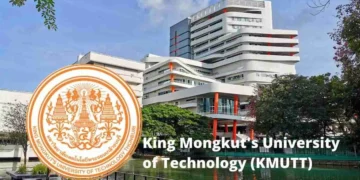

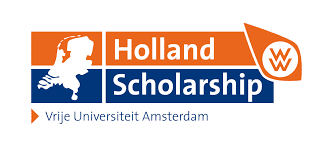
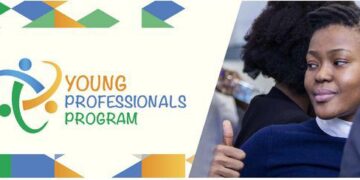
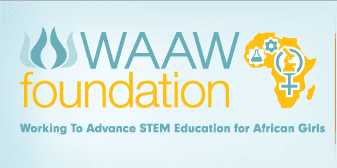
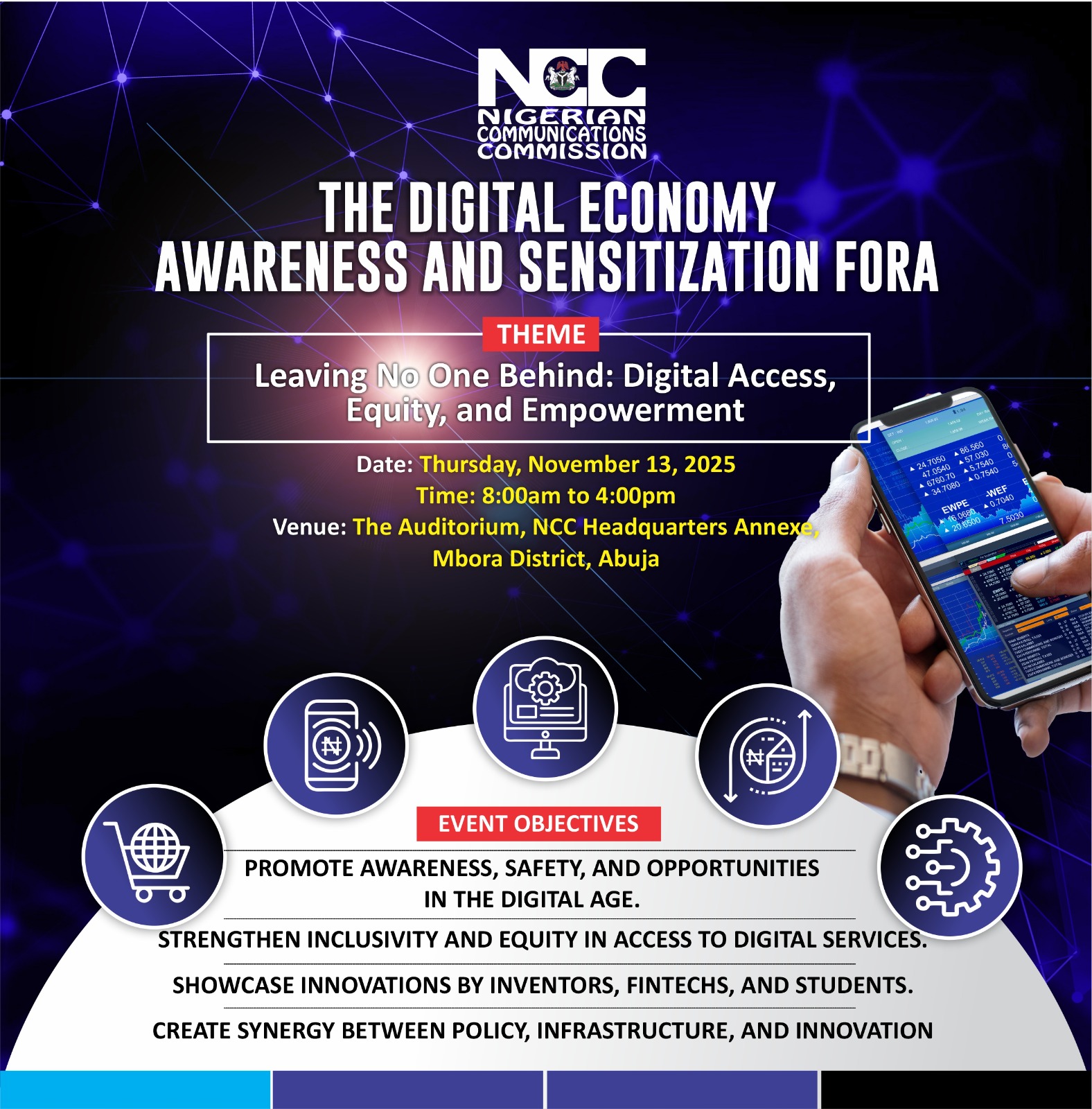
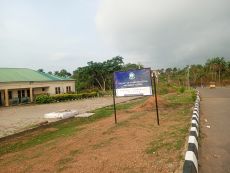






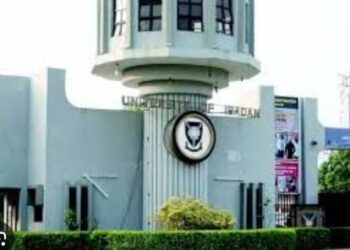
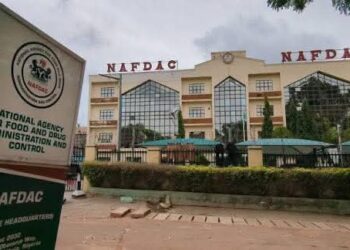










 EduTimes Africa, a product of Education Times Africa, is a magazine publication that aims to lend its support to close the yawning gap in Africa's educational development.
EduTimes Africa, a product of Education Times Africa, is a magazine publication that aims to lend its support to close the yawning gap in Africa's educational development.

